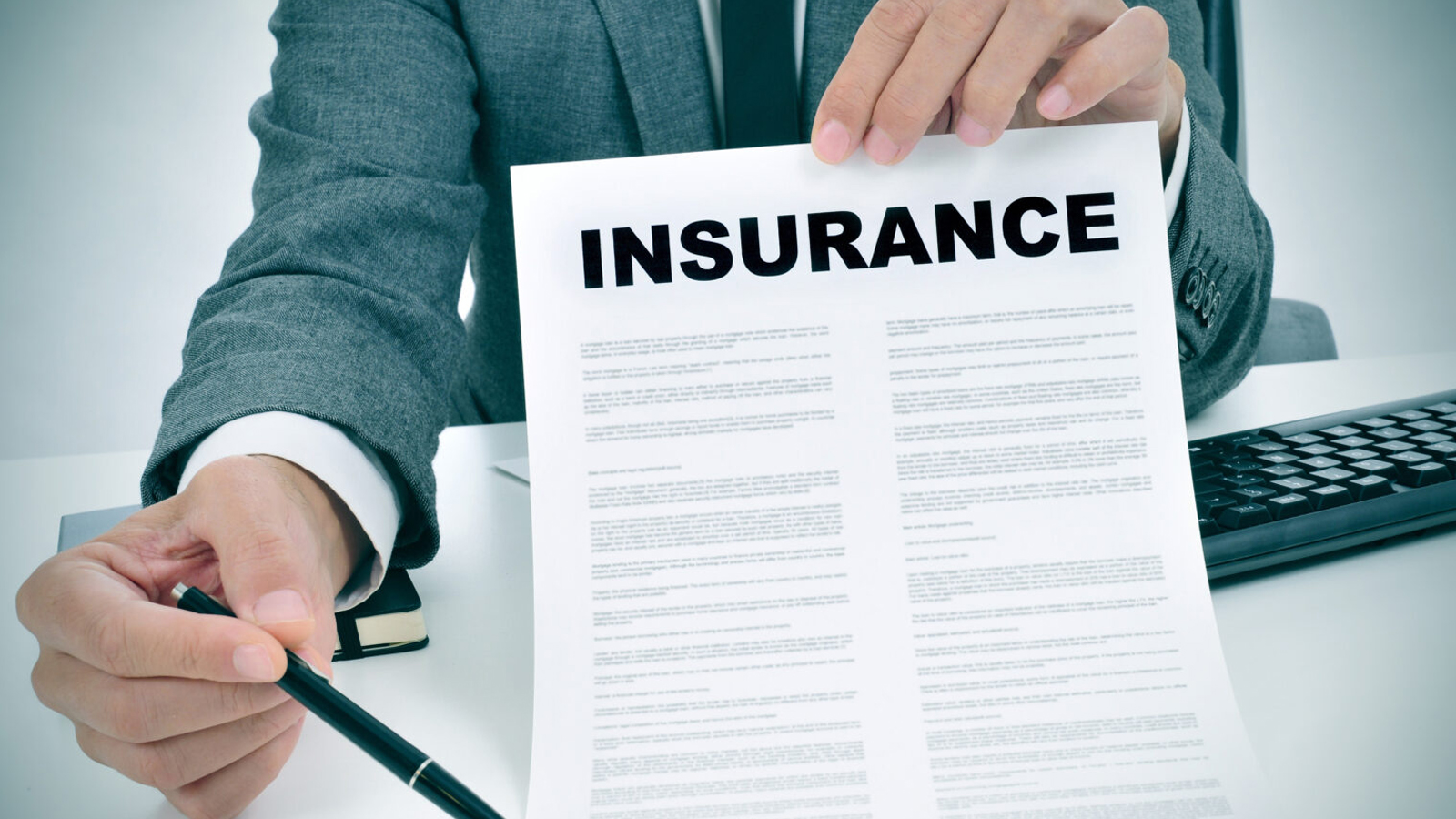Introduction to Insurance for Small Business Owners
Starting a small business is an exciting venture filled with dreams and ambitions. But along with the thrill of entrepreneurship comes the reality of potential risks. From unexpected accidents to legal disputes, small business owners face various challenges that could jeopardize their hard work. This is where insurance for small businesses becomes vital. It’s not just a safety net; it’s a strategic investment in your company’s future.
Understanding which types of coverage you need can be daunting, but safeguarding your assets should never be overlooked. Let’s dive into the essential insurance options available for small business owners, so you can make informed decisions about protecting what you’ve built from the ground up.
Types of Insurance Coverage for Small Businesses
Understanding the various types of insurance for small business is crucial. Each coverage serves a specific purpose, helping to protect your venture against unforeseen events.
General liability insurance is often the first line of defense. It shields you from claims involving bodily injury or property damage. This type can prevent costly legal fees and settlements.
Property insurance covers your physical assets, including buildings and equipment. If disaster strikes—be it fire, theft, or vandalism—you’ll have peace of mind knowing that you’re covered.
Workers’ compensation insurance becomes essential when you hire employees. It provides medical benefits and wage replacement for workers injured on the job. This not only protects them but also safeguards your business from lawsuits.
Professional liability insurance is particularly important for service-based businesses. It addresses claims related to negligence or failure to deliver services as promised, making it vital for consultants and freelancers alike.
A. General Liability Insurance
General liability insurance is a cornerstone for small business protection. It safeguards against claims of bodily injury or property damage occurring on your premises. Imagine a customer slipping and falling in your store; this coverage can help cover medical expenses.
This type of insurance also protects you from accusations related to advertising errors. If someone claims that your ads are misleading, general liability might come to the rescue.
Policies vary widely in terms of coverage limits, so it’s crucial to assess your specific needs. Consider factors like the nature of your business and potential risks involved.
Investing in general liability insurance not only secures financial stability but also builds trust with clients and partners. When they see you’re covered, their confidence in doing business with you grows significantly.
B. Property Insurance
Property insurance is crucial for safeguarding the physical assets of your small business. Whether you own or rent your workspace, this coverage protects against losses due to fire, theft, vandalism, and certain natural disasters.
Imagine a scenario where a storm damages your storefront or equipment. Without property insurance, you’re left facing expensive repairs on your own. This can be financially devastating for many small business owners.
Additionally, property insurance often covers not just buildings but also inventory and office equipment. This means that if something happens to those essential items, you won’t have to start from scratch.
Consider evaluating the specifics of what you need covered. Each business has unique risks based on location and industry type. Tailoring your policy ensures comprehensive protection tailored just for you.
C. Workers’ Compensation Insurance
Workers’ Compensation Insurance is vital for any small business. It provides financial protection if employees get injured or fall ill due to work-related activities.
This type of insurance covers medical expenses, lost wages, and rehabilitation costs. It’s designed to ensure that employees receive the care they need without putting a strain on your company’s finances.
Having workers’ compensation not only protects your staff but also shields you from potential lawsuits. If an employee decides to sue over an injury, this coverage can help mitigate legal risks.
Laws vary by state regarding requirements for this insurance. Some states mandate it even for businesses with just one employee. Understanding your local regulations is crucial in maintaining compliance and protecting your business’s interests.
Investing in this coverage demonstrates that you value the safety and well-being of your workforce. A healthy environment fosters loyalty and productivity among team members, contributing to long-term success.
D. Professional Liability Insurance
Professional liability insurance, often known as errors and omissions insurance, is essential for service-based businesses. It protects against claims of negligence or inadequate work. If a client claims that your services caused them financial loss, this coverage can help.
This type of insurance covers legal fees and settlements resulting from disputes over professional advice or services rendered. It’s particularly crucial for consultants, accountants, architects, and healthcare providers.
Every business faces risks related to the quality of its services. Mistakes happen; clients may feel misled or unsatisfied with results. When these situations arise, having professional liability insurance provides peace of mind.
Consider industry standards when determining if you need this coverage. Different professions have varying exposure levels to potential lawsuits based on their nature of work. Be proactive in protecting your business’s reputation and finances by investing in the right policy tailored for your needs.
Factors to Consider When Choosing Coverage
Choosing the right insurance for your small business requires careful thought. Start by assessing your specific risks. Every industry has unique challenges that can impact coverage needs.
Budget is another key factor. Determine how much you can allocate without compromising essential operations. Finding a balance between cost and adequate protection is crucial.
Consider the size of your business and its growth potential. As you expand, so will your insurance needs. Opt for flexible policies that can adapt to changes in scale or scope.
Don’t forget about regulatory requirements. Some industries mandate certain coverages, which must be part of your planning process.
Evaluate the reputation and reliability of insurers before making a decision. Research customer reviews and claims processes to ensure you’re working with trustworthy partners who prioritize their clients’ interests.
Conclusion
Having the right insurance for small businesses is not just a good idea; it’s essential. As a small business owner, you face various risks daily that could impact your operations and finances. Understanding different types of coverage helps protect your investment and ensures you’re prepared for unforeseen circumstances.
From general liability to workers’ compensation and professional liability, each type serves a unique purpose in safeguarding your business. Evaluating these options carefully allows you to tailor an insurance plan that meets your specific needs.
Remember to consider several factors when choosing coverage, such as the size of your company, industry-specific risks, budget constraints, and legal requirements in your area.
Investing time into understanding insurance can lead to greater peace of mind down the road. Protecting yourself against potential losses will allow you to focus on what truly matters: growing your business.



